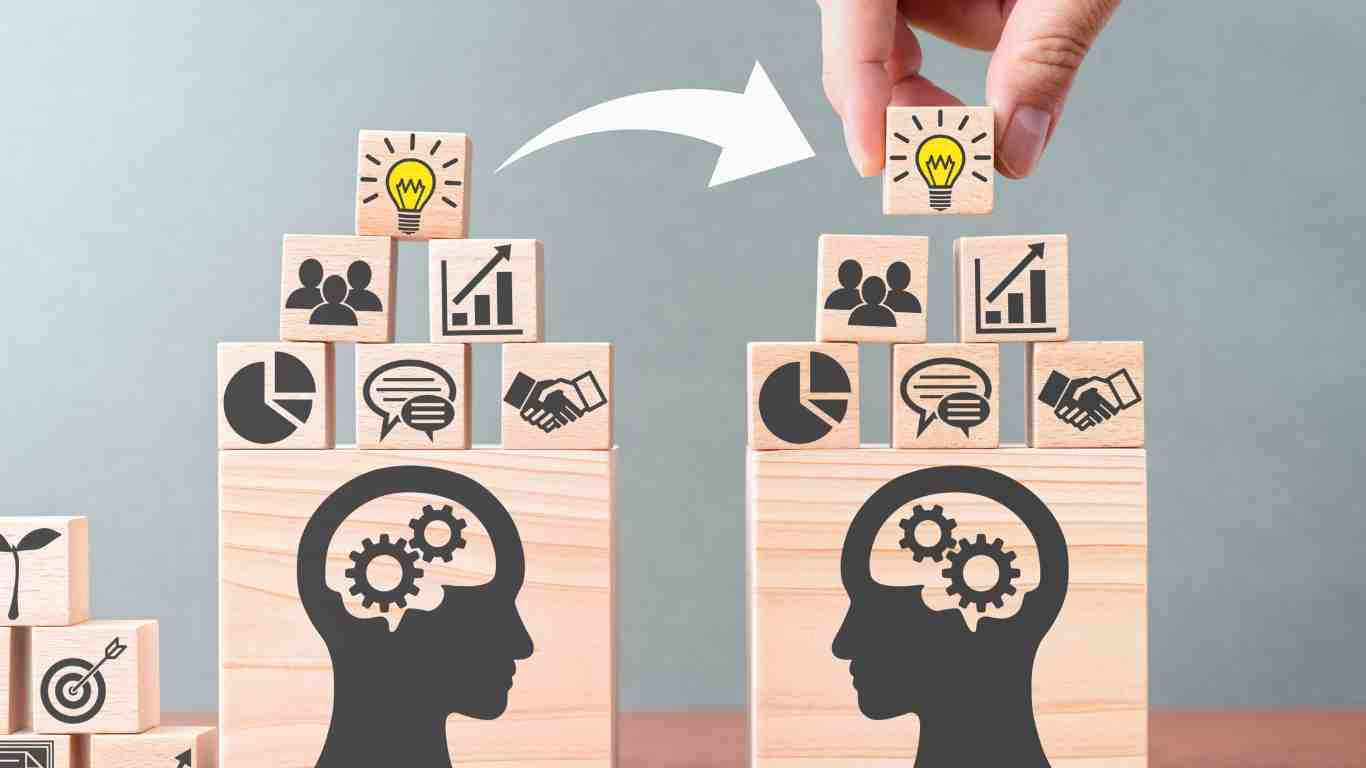
The transmission of knowledge represents one of humanity’s most fundamental social processes, with formal education systems developed specifically to facilitate this essential exchange. At the heart of these systems lies the interaction between students and teachers, a relationship traditionally conceptualized as unidirectional but increasingly recognized as reciprocal and dynamic. Understanding the complex nature of this knowledge exchange reveals important insights about effective educational practice and meaningful learning experiences.
Contemporary educational philosophy has evolved significantly from earlier models that positioned students as passive recipients of knowledge delivered by authoritative teachers. Modern approaches recognize that effective learning emerges from interactive exchanges where all participants contribute valuable perspectives and experiences. This paradigm shift acknowledges the multidirectional nature of knowledge construction in vibrant learning communities.
Dialogic learning approaches exemplify this reciprocal understanding of educational exchange. When educational guides create opportunities for authentic dialogue rather than simple recitation, they establish conditions where meaningful co-construction of knowledge can occur. These dialogic spaces allow diverse perspectives to emerge, creating richer understanding than any single viewpoint could provide.
Prior knowledge significantly influences how new information is processed and integrated. Effective educational guides recognize that young learners bring substantial existing knowledge, beliefs, and misconceptions to every learning experience. By explicitly connecting new concepts to this prior knowledge, they facilitate more meaningful integration and retention of information.
Questions serve as powerful tools in the knowledge exchange process. When educational guides ask thoughtful, open-ended questions, they stimulate deeper thinking and reveal important insights about young learners’ understanding. Similarly, when young people feel empowered to ask authentic questions, they drive their own learning while providing valuable feedback to their educational guides.
Feedback mechanisms create essential loops within the knowledge exchange process. Effective feedback helps young learners refine their understanding and skills while providing educational guides with crucial information about the impact of their teaching approaches. This continuous feedback cycle allows for responsive adjustment that enhances the learning experience for all participants.
Cultural dimensions inevitably influence knowledge exchange in educational settings. Different cultural traditions embody varied understandings about appropriate roles, communication patterns, and knowledge construction processes. Culturally responsive educational guides recognize and honor these differences while creating inclusive environments where diverse approaches to learning are valued.
Emotional factors significantly impact cognitive processing in educational exchanges. Stress, anxiety, excitement, and other emotional states affect attention, memory formation, and information retrieval. Educational guides who attend thoughtfully to the emotional climate of learning environments create conditions more conducive to effective knowledge exchange.
Technology tools continue to transform possibilities for knowledge sharing in contemporary educational settings. Digital platforms, multimedia resources, and collaborative technologies expand access to information while creating new opportunities for interaction. When implemented thoughtfully, these technological tools enhance rather than replace the human relationships at the heart of meaningful knowledge exchange.
Interdisciplinary approaches recognize the interconnected nature of knowledge across traditional subject boundaries. By exploring relationships between different domains of understanding, educational guides help young learners develop more integrated conceptual frameworks. These connections strengthen comprehension while developing transferable thinking skills applicable across contexts.
Metacognitive awareness enhances the quality of knowledge exchange by making thinking processes explicit. When educational guides model and teach strategies for monitoring understanding, identifying confusion, and adjusting approaches, they equip young learners with powerful tools for independent learning. This metacognitive dimension creates more self-directed, reflective participants in the knowledge exchange process.
Authentic assessment approaches provide meaningful information about learning while reinforcing important concepts. When assessment tasks require application of knowledge in relevant contexts, they simultaneously evaluate and strengthen understanding. These authentic approaches honor the complexity of genuine knowledge exchange rather than reducing learning to simplistic measures.
Collaborative learning structures create opportunities for peer-to-peer knowledge exchange that complements guide-learner interactions. When young people work together to solve problems, create projects, or explore concepts, they develop communication skills while benefiting from diverse perspectives. Skilled educational guides structure these collaborative experiences to maximize learning for all participants.
Physical environments influence knowledge exchange in subtle but significant ways. Thoughtful arrangement of learning spaces, access to relevant resources, and attention to sensory elements all contribute to environments conducive to effective communication and information processing. Progressive educational guides recognize physical space as an important component of the learning ecosystem.
Community connections expand knowledge exchange beyond classroom walls. By incorporating community expertise, real-world problems, and authentic audiences, educational guides create more meaningful learning experiences while helping young people develop connections to the broader world. These expanded knowledge networks enrich educational experiences while demonstrating the relevance of academic pursuits.
Equity considerations must remain central in all knowledge exchange processes. Educational guides who recognize and address barriers to full participation ensure that all young learners have access to learning opportunities. This commitment to equity requires ongoing attention to patterns of engagement, resource allocation, and implicit messages about who belongs in particular knowledge communities.
The most effective knowledge exchange processes balance structure with flexibility, challenge with support, and tradition with innovation. When young learners and educational guides engage in authentic dialogue characterized by mutual respect and genuine curiosity, they create learning experiences that transform understanding for all participants. By honoring the reciprocal nature of educational interactions, learning communities harness the full potential of human knowledge exchange.